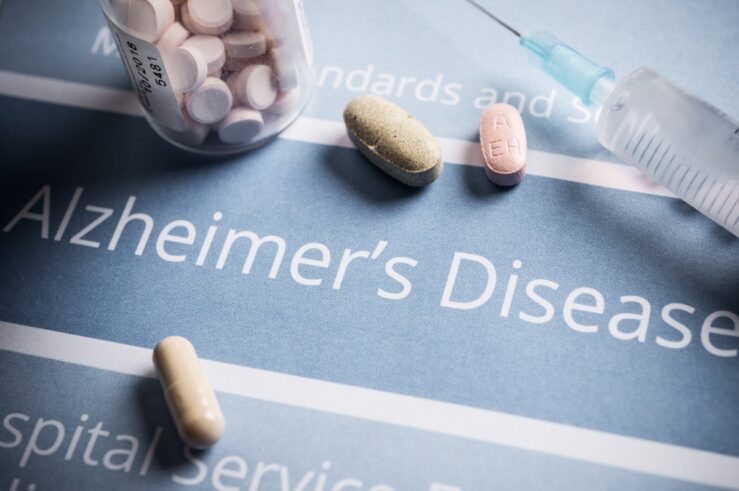The WHO’s Insufficient Curiosity and Humility
Five months from now, health ministers from the 194 sovereign states recognized by the United Nations (UN) will meet in Geneva to discuss and possibly agree to amendments to the International Health Regulations (IHRs), which are intended to “prevent, protect against, prepare, control and provide a public health response to the international spread of diseases.” ... The WHO’s Insufficient Curiosity and Humility
Three Problems with Accelerated Access: Will They Be Overcome?
This post discusses three important problems with the Food and Drug Administration’s (FDA) accelerated-approval process. The first is that regulatory authorities and patient groups maintain that, legally, the standards of accelerated approval are the same as standard approval. Yet from a risk perspective, the standards are quite different; by shifting risk taking from regulator to ... Three Problems with Accelerated Access: Will They Be Overcome?
Oncology Drives Most Recent Accelerated Approvals
In my most recent post on medicine approvals I explored how the HIV/AIDS crisis drove a reevaluation of what was truly essential to demonstrate a new drug’s efficacy. Allowing HIV patients to take investigational treatments meant that research into rarer conditions—which previously would never have been profitable—might now be financially worthwhile. This post estimates the ... Oncology Drives Most Recent Accelerated Approvals
A Brief History of the US Drug Approval Process, and the Birth of Accelerated Approval
This is the second post about the U.S. drug-approval process; the first post is here. It will explore how the Food and Drug Administration (FDA) arose, how disasters drove its expansion and regulatory oversight, and how the epidemic of the human immunodeficiency virus (HIV) changed the approval processes. The Arrival of New Medicines Lone inventors, ... A Brief History of the US Drug Approval Process, and the Birth of Accelerated Approval
Making Sure New Medicines Are Safe, Effective, and Approved Quickly: A Theoretical Approach
This is the first in what will be a series of posts discussing how new medicines are introduced and regulated in the United States, and how the status quo could be improved. As will be established over the course of the series, the current system is slow and leads to poor outcomes for patients. Why ... Making Sure New Medicines Are Safe, Effective, and Approved Quickly: A Theoretical Approach
A Comparison of US and UK Physicians Advice on Nicotine and Vaping
In 2020, an academic paper suggested that more than 80% of U.S. physicians mistakenly thought that nicotine was a carcinogen. The implication of this finding was that perhaps physicians thought vaping (and even nicotine-replacement therapy) to be almost as dangerous as smoking. But physicians are busy people and I suggest that some, maybe most, might ... A Comparison of US and UK Physicians Advice on Nicotine and Vaping










